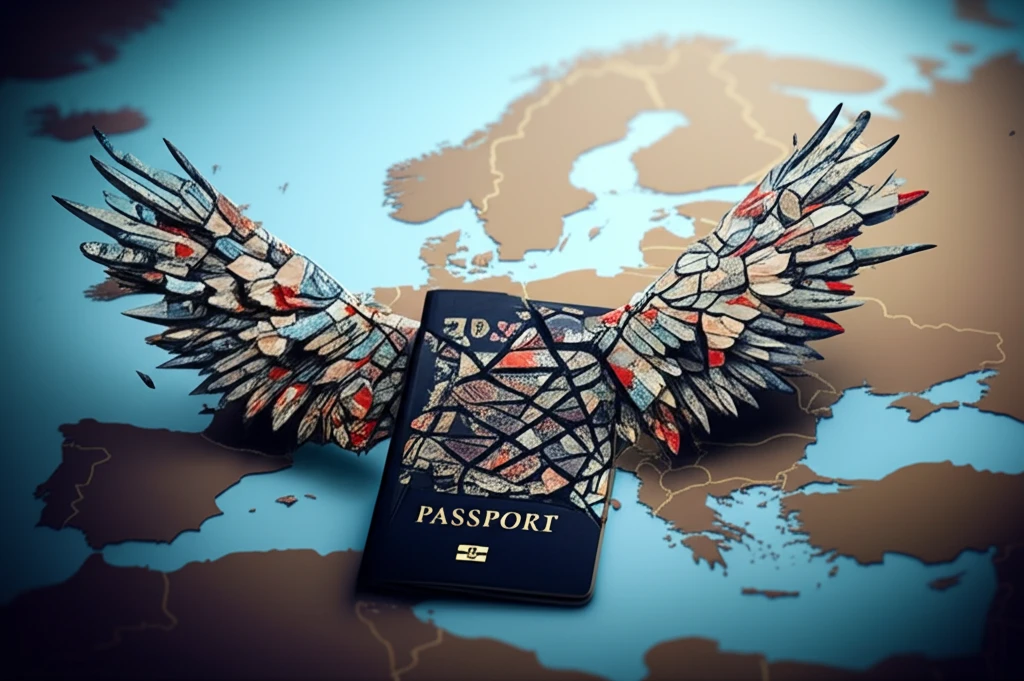
Beyond Borders: How Pro-Asylum Advocacy Challenges Exclusion in the EU
"Unpacking the Strategies and Shared Worldviews of Advocates Fighting for Refugee Rights in an Era of Increasing Restrictions"
In an era where deterrence increasingly relies on punitive measures, offering assistance to refugees becomes fraught with challenges for organizations and individuals alike. The fight transcends mere refugee rights, extending to the battle for essential resources and legitimacy.
History reminds us that practices initially aimed at foreigners often find their way into the broader citizenry. This article delves into how pro-asylum advocates challenge stringent measures against those seeking entry or residence in the EU, focusing on examples from the Netherlands and the UK.
We investigate organized resistance to the '3-Ds'—destitution, detention, and deportation—which form the core of EU migration policies designed to deter. Further, we examine the connections between 'global apartheid' and the 'state of exception' within the EU, concepts that frame the context for pro-asylum advocacy work.
What is Global Apartheid, and How Does It Relate to the EU's State of Exception?

The concept of 'global apartheid,' popularized by figures like Thabo Mbeki and Fidel Castro, and analyzed by scholars such as Anthony Richmond and Patrick Bond, describes a system resembling a global caste structure. This term captures not only the scale of global inequalities but also the legitimizing laws and coercive enforcement processes that maintain them.
- State-Designed Controls: Racially encoded and legally sanctioned controls restrict cross-border movement.
- Surveillance Technologies: Global grids of laws, walls, barriers, and surveillance techniques enforce exclusion.
- Corporate Involvement: Transnational security corporations play a significant role, mirroring corporate involvement in South African apartheid.
The Future of Pro-Asylum Advocacy in the EU
As the EU continues to grapple with migration, the perspectives and actions of pro-asylum advocates become increasingly vital. These advocates, driven by shared worldviews and a commitment to human rights, play a crucial role in challenging unjust policies and advocating for the rights of the most vulnerable. Supporting their efforts is essential for fostering a more just and equitable society.
